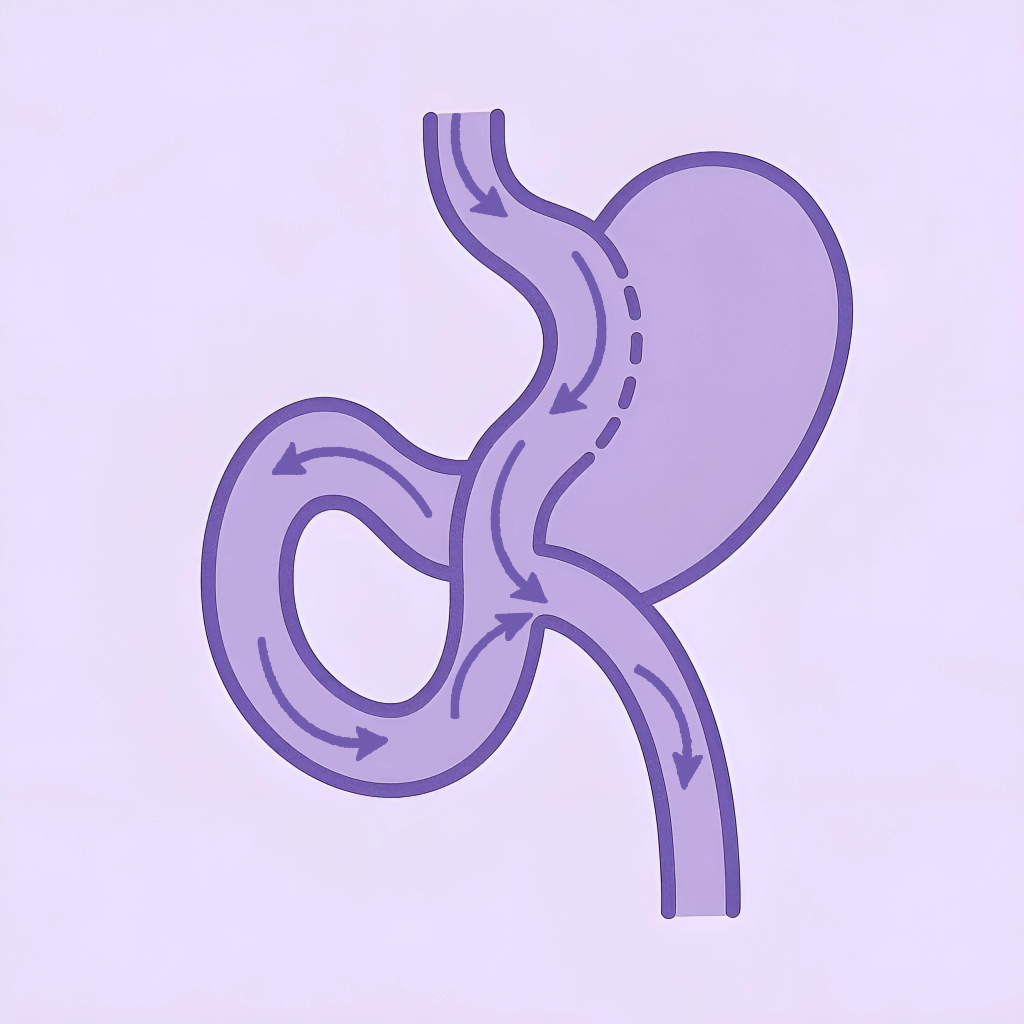Magenkrebs







Magenkrebs entsteht, wenn abnormale Zellen in der Magenschleimhaut wachsen und Tumore bilden, die sich möglicherweise ausbreiten.
Überblick
Magenkrebs entsteht, wenn sich abnorme Zellen unkontrolliert in der Magenschleimhaut vermehren und Tumore bilden. Diese Tumore können umliegendes Gewebe befallen und sich über die Blut- oder Lymphbahnen in andere Körperregionen ausbreiten (Metastasierung). Die meisten Magenkrebserkrankungen beginnen in der innersten Magenschicht, der sogenannten Mukosa, die Magensäure und Verdauungsenzyme produziert.
Risikofaktoren sind unter anderem:
- Alter über 60 Jahre
- Männliches Geschlecht
- Ernährung mit vielen geräucherten oder eingelegten Lebensmitteln
- Rauchen und übermäßiger Alkoholkonsum
- Fettleibigkeit
- Erkrankungen wie Helicobacter-pylori-Infektion, chronische Gastritis, frühere Magenoperationen oder genetische Syndrome
Behandlung
Die Behandlung hängt von der Art und dem Stadium des Magenkrebses sowie vom allgemeinen Gesundheitszustand des Patienten ab. Zu den wichtigsten Behandlungsformen gehören:
- Operation: Entfernung eines Teils (Teilgastrektomie) oder des gesamten Magens (Totale Gastrektomie)
- Chemotherapie: Systemische Medikamente zur Zerstörung von Krebszellen
- Strahlentherapie: Hochenergetische Strahlen zur gezielten Bekämpfung von Krebszellen
- Zielgerichtete Therapie: Medikamente, die bestimmte Signalwege in Krebszellen blockieren
Oft wird eine Kombination dieser Methoden eingesetzt. Das Behandlungsziel kann eine Heilung, eine Verlangsamung des Fortschreitens oder eine Verbesserung der Lebensqualität sein. Der Therapieplan wird individuell angepasst.
Ablauf des Eingriffs
Ein chirurgischer Eingriff bei Magenkrebs umfasst in der Regel:
- Verabreichung einer Vollnarkose
- Entfernung des betroffenen Magenabschnitts (Teilgastrektomie) oder des gesamten Magens (Totale Gastrektomie)
- Entfernung benachbarter Lymphknoten zur Verhinderung der Ausbreitung
- Wiederherstellung der Verdauungskontinuität durch Rekonstruktion des Verdauungstrakts
Erholung & Nachsorge
Die Erholungszeit hängt vom Umfang der Operation ab. In der Regel bleiben Patienten mehrere Tage im Krankenhaus und stellen ihre Ernährung schrittweise von Flüssignahrung auf feste Kost um. Beschwerden wie Schmerzen, Blähungen oder Verdauungsveränderungen sind häufig, aber mit medizinischer Begleitung gut behandelbar.
Langfristige Nachsorge umfasst:
- Ernährungstherapie und individuelle Diätberatung
- Nahrungsergänzungsmittel (Vitamine & Mineralien)
- Regelmäßige Kontrolltermine zur Überwachung der Genesung, Erkennung eines Rückfalls und Sicherung der Lebensqualität
Haben Sie Fragen zu Ihrer Behandlung?

Häufig gestellte Fragen
Hier finden Sie klare Antworten auf die am häufigsten gestellten Fragen.
Benötigen Sie individuelle Unterstützung? Kontaktieren Sie uns über WhatsApp – wir antworten in der Regel innerhalb weniger Minuten.
In welchen Operationen ist Dr. Gül spezialisiert?
Warum die Türkei für chirurgische Eingriffe wählen?
Wie lange dauert die Genesung nach den meisten Operationen?
Welche bariatrischen Verfahren werden in der Klinik angeboten?
Wie viel Gewicht kann ich nach einer bariatrischen Operation erwarten, zu verlieren?
Welche Sprachen spricht Dr. Gül und sein Team?
Muss ich nach einer bariatrischen Operation Nahrungsergänzungsmittel einnehmen?
Deckt die Versicherung diese Verfahren ab?
Kann ich Behandlung mit einer Reise in die Türkei kombinieren?
Welche Unterstützung ist nach der Operation verfügbar?
Unsere Expertise

Hülsengastrektomie
Minimalinvasive Operation zur langfristigen Gewichtsreduktion mit einem einfachen Verfahren und ohne Umleitung.

Mini-Magenbypass
Einfacherer, weniger invasiver Magenbypass für signifikante Gewichtsabnahme und Diabeteskontrolle.

Magenballon
Eine nicht-chirurgische, vorübergehende Option zur moderaten Gewichtsabnahme ohne bleibende Magenveränderungen.
Folgen Sie Dr. Gül auf Instagram





